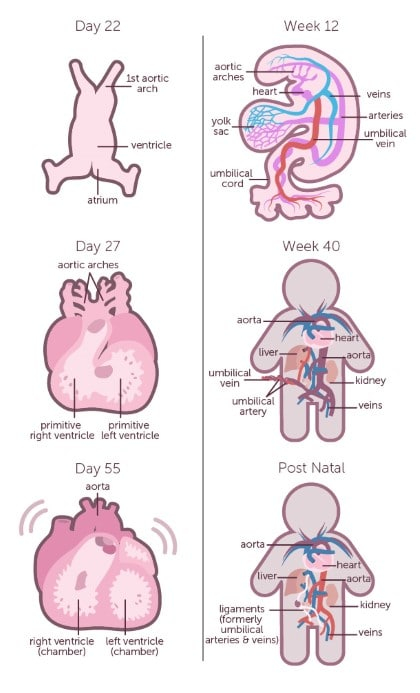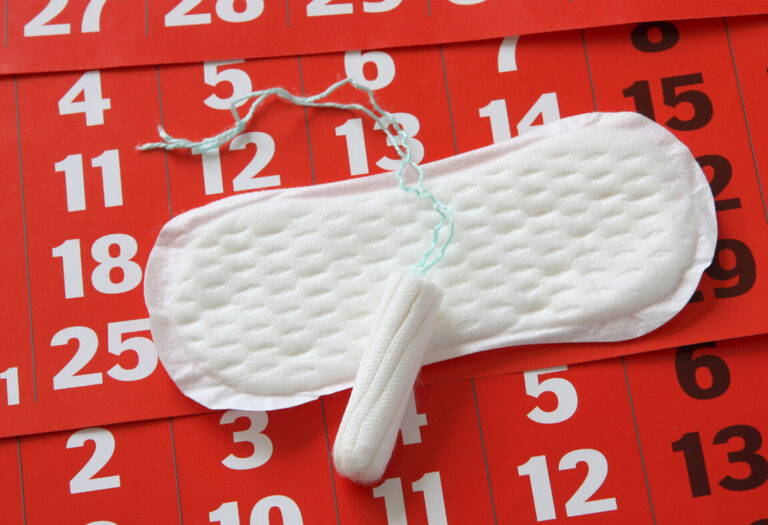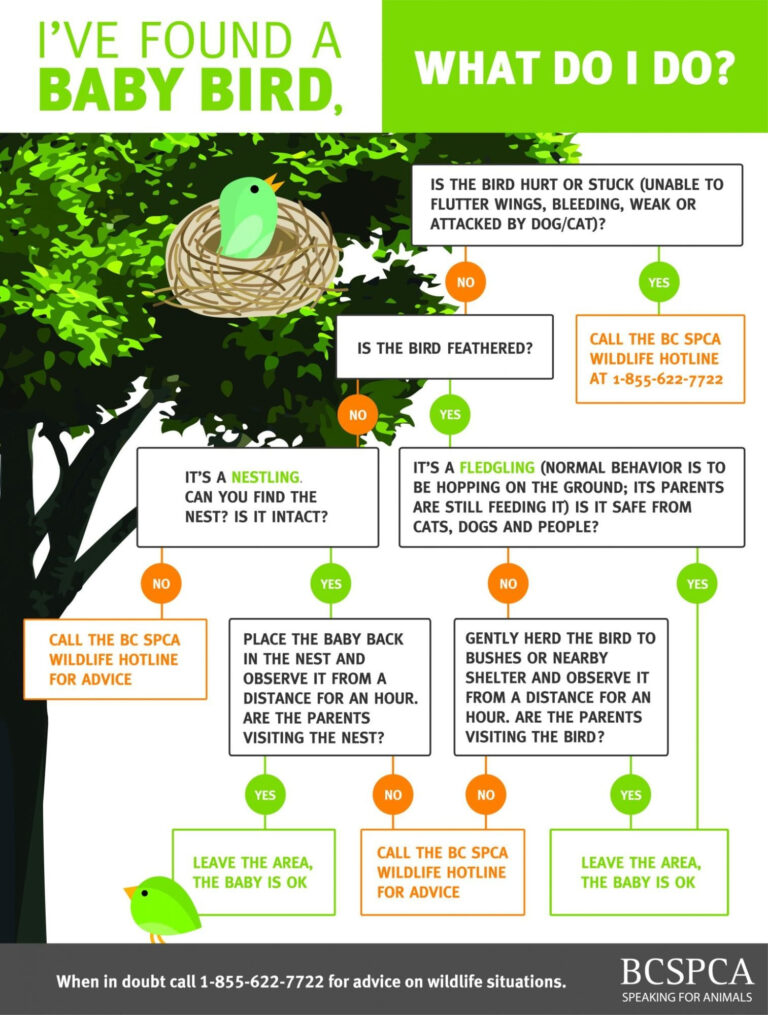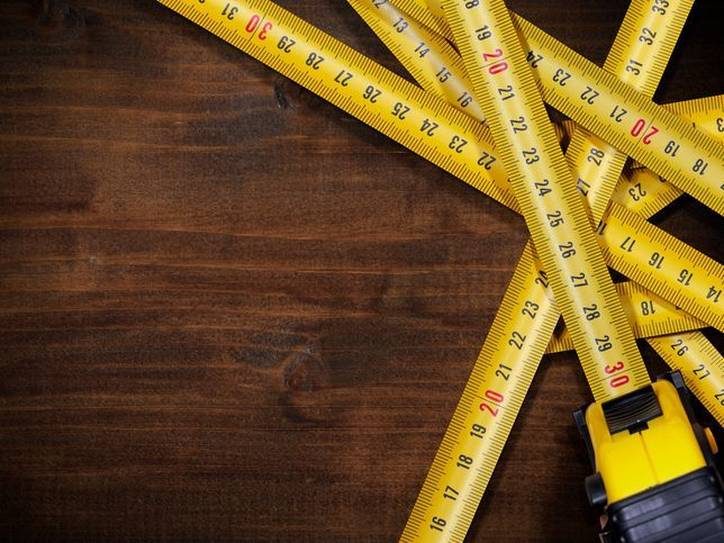When Does A Baby Heart Start Beating
Curiosity surrounding the development of a baby in the womb is a common aspect of pregnancy. Parents eagerly await the milestones that mark the growth and progress of their little one. One such significant milestone is when the baby’s heart starts beating. In this article, we will delve into the intricacies of this miraculous event, shedding light on the timeline and factors that influence when a baby’s heart begins to beat.
Knowledge
During the early stages of pregnancy, the development of the baby’s heart is a crucial process. By the fifth week of gestation, the baby’s heart begins to form. It starts as a tube-like structure and gradually develops into a complex organ that will sustain life outside the womb. Around the end of the fifth week or the beginning of the sixth week, the tiny heart begins to beat for the first time.
Technological advancements in the field of medicine have made it possible to detect the baby’s heartbeat early in the pregnancy. Using an ultrasound machine, healthcare providers can listen to the rhythmic sound of the fetal heart as early as six weeks into the pregnancy. This momentous occasion is often a source of joy and reassurance for expectant parents, as it signifies the presence of a living, growing being within the womb.
Several factors can influence when a baby’s heart starts beating. The overall health of the mother, genetic predispositions, and the development of the baby all play a role in determining the exact timing of this event. Additionally, external factors such as the mother’s lifestyle choices, exposure to toxins, and underlying medical conditions can impact the baby’s development and the initiation of the heartbeat.
Conclusion
Understanding when a baby’s heart starts beating is a momentous occasion in the journey of pregnancy. It signifies the beginning of a new life and the promise of a bright future. This article has provided valuable insights into the timeline and factors that influence this remarkable event. Expectant parents can take comfort in knowing that the heartbeat of their baby is a sign of vitality and health.
In conclusion, the onset of a baby’s heartbeat is a significant milestone that marks the miraculous process of life creation. It is a moment of joy and wonder that resonates with parents and healthcare providers alike. By understanding the intricacies of embryonic development and the detection of the heartbeat, we can appreciate the beauty and complexity of the human body.
Final thoughts, market outlook, and why it matters (250 words).






